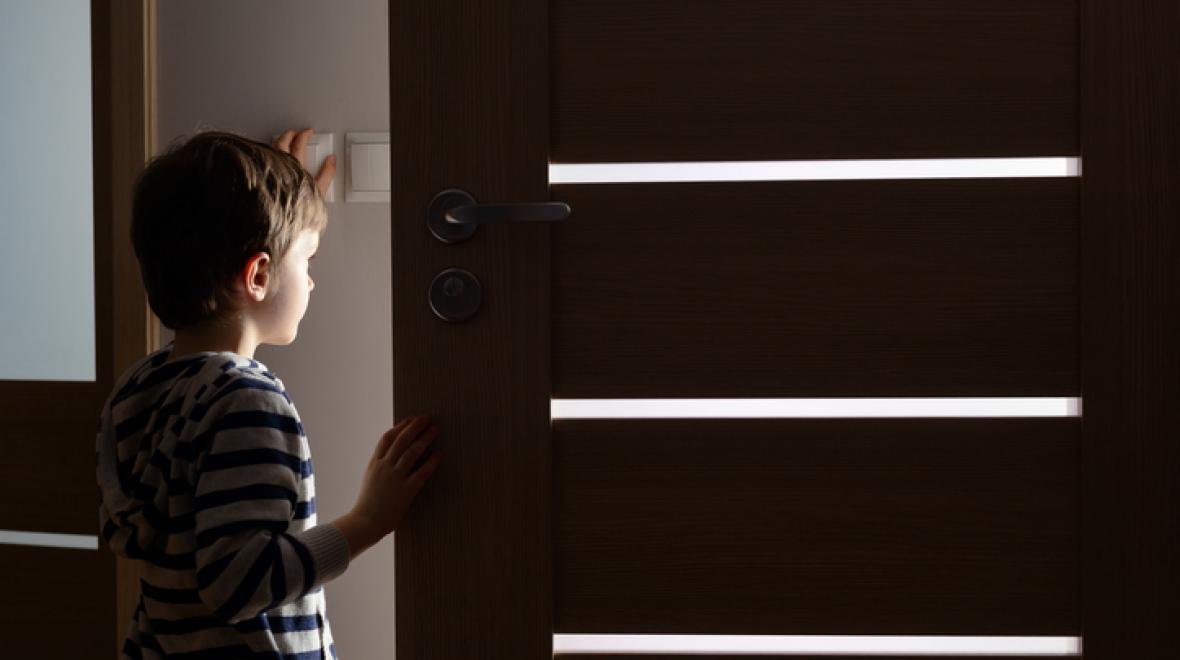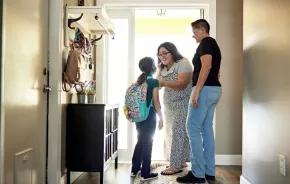
Giving kids the responsibility to stay home alone can be a positive, confidence building experience. But how do you know if your child is ready?
There's no magical age that determines if a child is ready to be home alone but kids who are typically show the following signs:
- Isn't afraid of being alone in the home
- Exhibits good decision making
- Shows that they're aware of others and their surroundings
- Proves themselves to be responsible and trustworthy
- Knows home address and phone number as well as how to get in touch with adult guardians
- Can make a snack for themselves
- Knows how to use a phone, call a neighbor for help and dial 911
- Follows simple rules and instructions
- Knows basic first aid
Leaving kids home alone for the first time is a big step — for them and for you! Even if kids aren't planning to babysit, consider enrolling them in a babysitting class. The skills taught there can be very useful for kids new to time alone at home. Here are some other ways you can prepare your child for success:
- Go over the rules. Are friends allowed to come over? Is your child allowed to leave the house? Are there cable channels they aren't permitted to watch? Go over these and any other family rules; make it clear that your child understands.
- Discuss possible situations. If someone comes to the door what is the child to do? If the phone rings is your kid allowed to answer? How will they respond if someone asks to speak to the parent? One good response: "She's busy right now. Can I take a message?"
- Review basic kitchen safety. Make sure your child knows how to use kitchen appliances and tools and discuss what they are allowed to make in the kitchen. Only cold snacks? Can they use the microwave?
- Establish emergency preparedness. Does your child know what to do in case of smoke or a fire? What should they do in a severe storm? Do they know basic first aid? Post emergency phone numbers and contact information so your child has it handy just in case. Discuss whom to contact if parents are unreachable.
- Create a list of "dos and "don'ts." Don’t play with matches or lighters. Don’t let anyone in the house. Don’t leave the house, except an emergency situation. Do call and check in when you get home from school. Do work on homework and chores.
- Try role playing. Act out different scenarios that may arise. Pretend that your child needs to reach you — what will they do? How would they call 911? What would they do in case of a fire? Pretend the phone rings — how will they answer? By walking through different situations kids will be better prepared if the unexpected happens.
- Start slow. Begin by leaving your child for 15 to 30 minutes at a time. Then, slowly increase the time you're away. Talk about any questions or problems that came up in your absence. Ask your child how they felt when you weren't at home.











